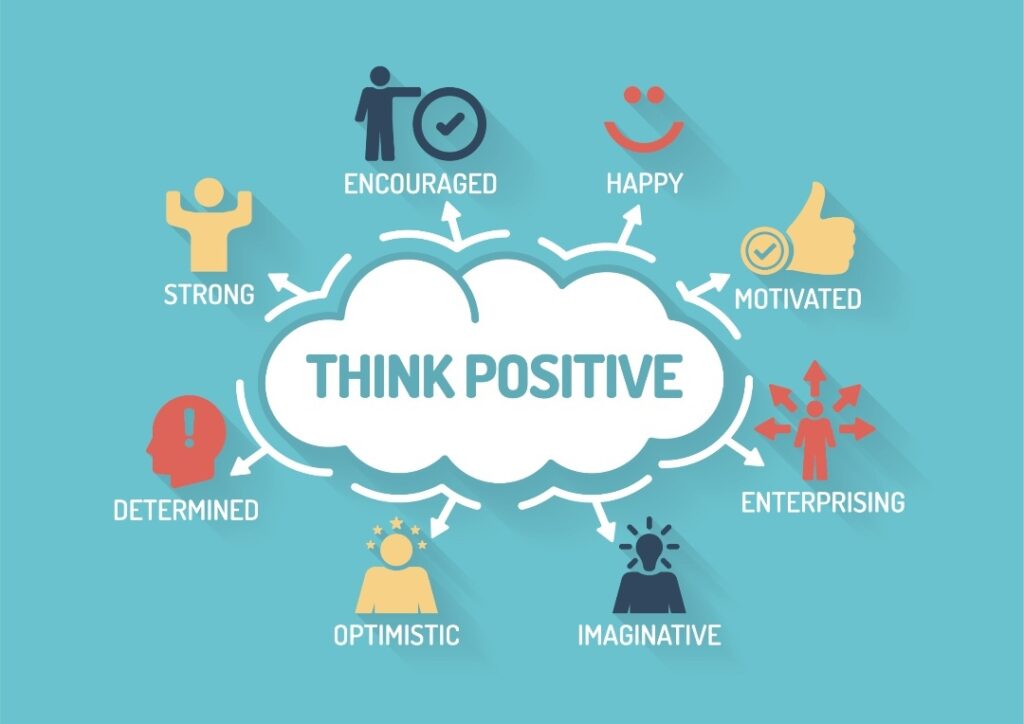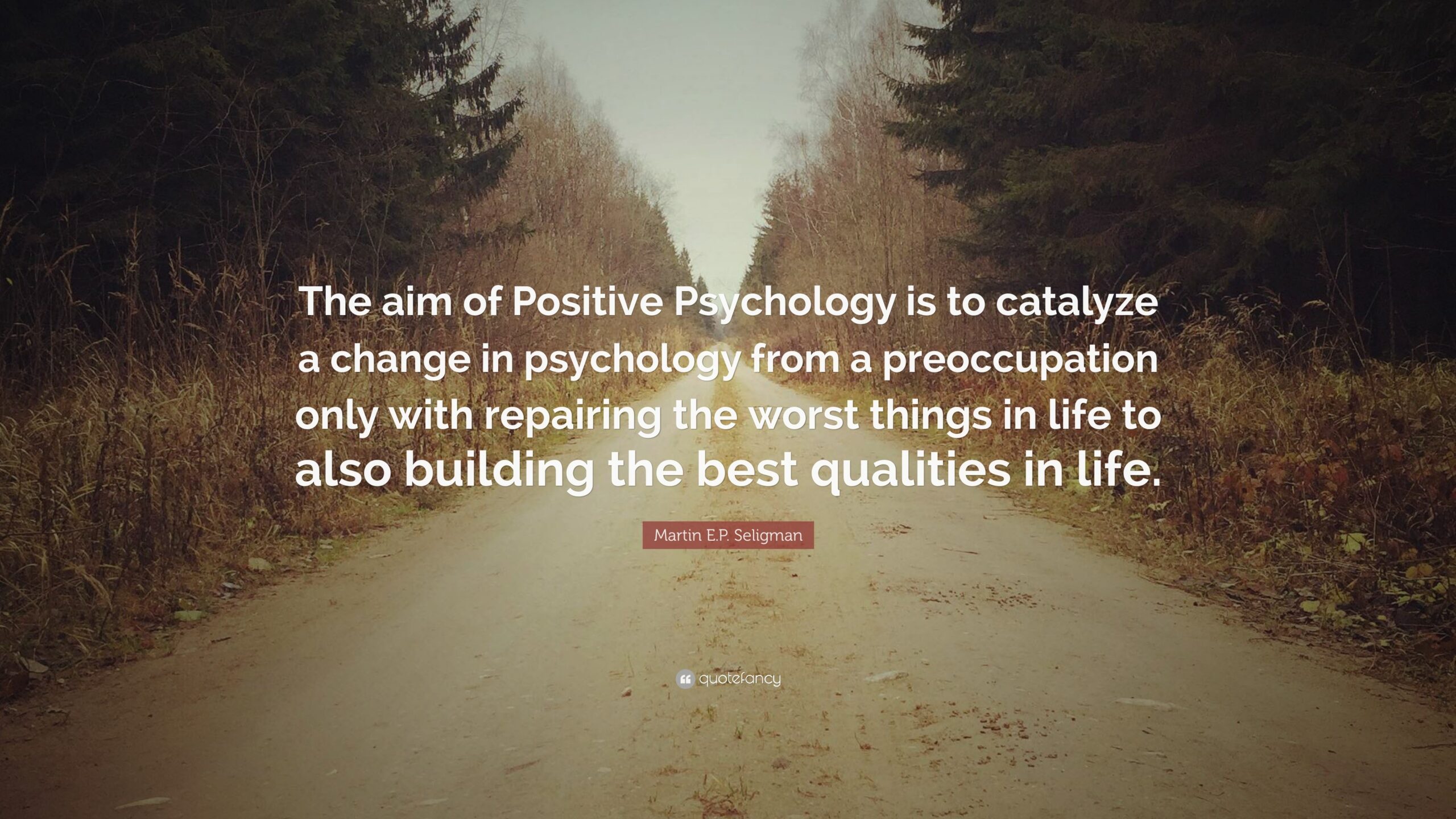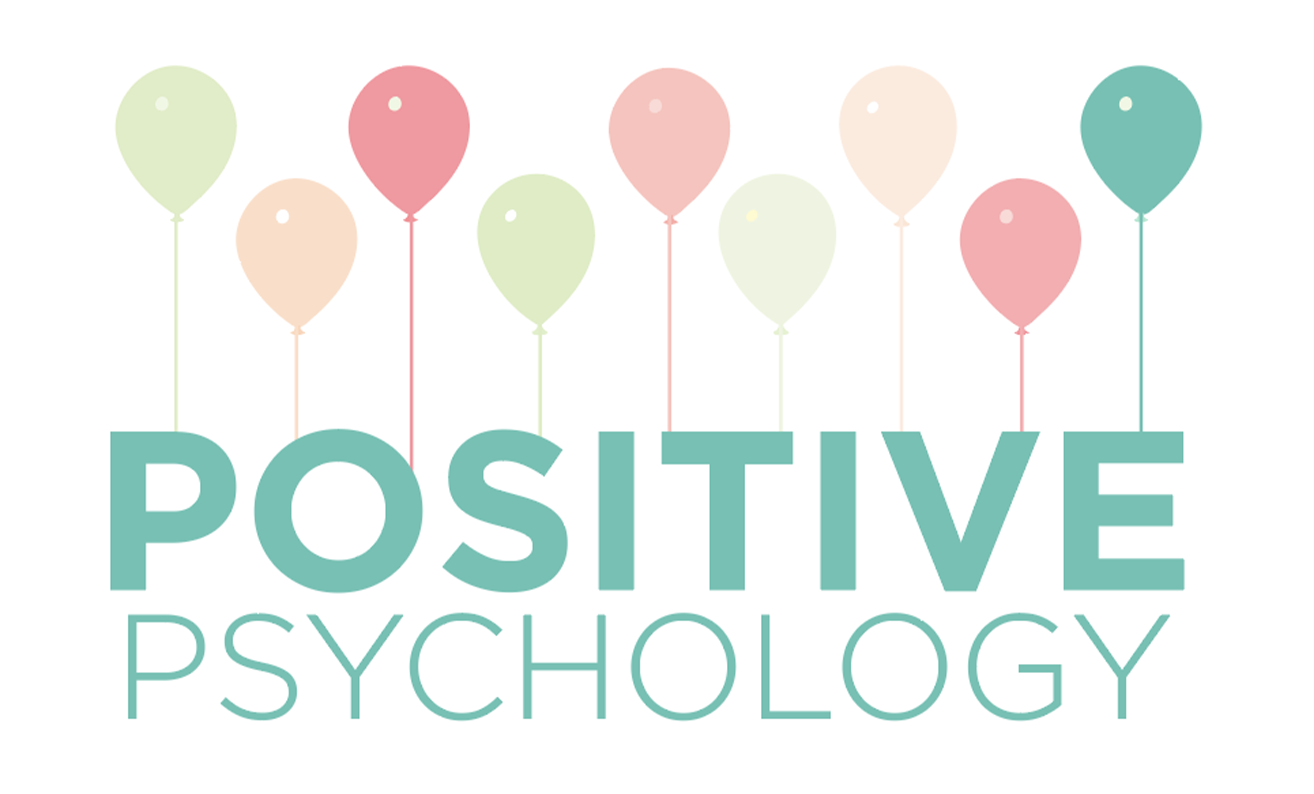Positive psychology, is a field of study that focuses on the positive aspects of human experience, such as happiness, well-being, and personal growth. It is an important area of research because it shifts the focus from solely treating mental illness to promoting mental health and flourishing. By understanding and cultivating positive emotions, strengths, and virtues, individuals can lead more fulfilling lives. In this article, we will explore the concept of psychology, its history and development, the benefits it offers in daily life, the science behind it, and various techniques for applying positive psychology in different areas of life.
Key Takeaways
- Positive psychology focuses on promoting well-being and happiness.
- It emerged in the late 1990s as a response to the traditional focus on mental illness.
- Positive psychology can improve relationships, mental health, and resilience.
- Techniques like gratitude, self-compassion, and mindfulness can help manage stress and anxiety.
- Positive psychology can also benefit workplaces by boosting employee well-being and productivity.
What is Positive Psychology?
Positive psychology can be defined as the scientific study of what makes life worth living. It examines the factors that contribute to human flourishing and well-being, such as positive emotions, engagement, relationships, meaning, and accomplishments. Unlike traditional psychology, which primarily focuses on diagnosing and treating mental disorders, psychology aims to enhance the quality of life by promoting positive emotions and strengths.
The History and Development of Positive Psychology
Positive psychology emerged as a distinct field of study in the late 20th century. It was influenced by various philosophical and psychological theories that emphasized the importance of positive aspects of human experience. Key figures in the development of positive include Martin Seligman, Mihaly Csikszentmihalyi, and Christopher Peterson.
Seligman is often considered the father of psychology. In 1998, he became the president of the American Psychological Association and used his position to promote psychology as a new direction for psychological research. Csikszentmihalyi introduced the concept of flow, which refers to a state of complete immersion and enjoyment in an activity. Peterson focused on character strengths and virtues, identifying 24 universal strengths that contribute to human flourishing.
The Benefits of Positive in Daily Life
| Benefits of Positive Psychology in Daily Life |
| Improved mental health |
| Increased happiness and life satisfaction |
| Better stress management |
| Enhanced resilience and coping skills |
| Improved relationships and social connections |
| Increased productivity and creativity |
| Better physical health and longevity |
| Greater sense of purpose and meaning in life |
psychology has numerous benefits that can enhance daily life. By cultivating positive emotions, individuals experience improved well-being and happiness. Positive emotions have been linked to better physical health, increased resilience, and enhanced coping skills. Additionally, positive emphasizes the importance of positive relationships and social connections, which contribute to overall life satisfaction.
The Science Behind Positive Psychology
Positive is grounded in scientific research and empirical evidence. Numerous studies have demonstrated the effectiveness of positive interventions in improving well-being and reducing symptoms of mental illness. Researchers have also used neuroscience techniques to understand the neural mechanisms underlying positive emotions and their impact on mental health.
The Role of Positive Emotions in Mental Health
Positive emotions play a crucial role in mental health. They broaden individuals’ thought-action repertoires, allowing them to see more possibilities and solutions to problems. Positive emotions also build psychological resources, such as resilience and coping skills, which help individuals navigate through challenging situations. Cultivating positive emotions can lead to increased life satisfaction and overall well-being.

Positive Psychology Techniques for Managing Stress and Anxiety
Positive offers various techniques for managing stress and anxiety. Mindfulness and meditation practices have been shown to reduce stress levels and promote relaxation. Gratitude practices involve expressing gratitude for the positive aspects of life, which can shift focus away from stressors. Positive self-talk involves replacing negative thoughts with positive affirmations, promoting a more optimistic mindset. Visualization exercises help individuals imagine positive outcomes, reducing anxiety and promoting a sense of control.
Positive Psychology and Relationships: Building Strong Connections
Positive emphasizes the importance of positive communication in relationships. Active listening, empathy, and expressing appreciation are key strategies for building and maintaining positive relationships. Positive relationships contribute to overall well-being by providing support, companionship, and a sense of belonging.
The Power of Gratitude in Positive Psychology
Gratitude is a fundamental aspect of positive It involves recognizing and appreciating the good things in life, both big and small. Cultivating gratitude has been shown to increase happiness, improve relationships, and enhance overall well-being. Techniques for cultivating gratitude include keeping a gratitude journal, expressing gratitude to others, and practicing mindfulness.
Positive Psychology and Self-Compassion: Learning to Love Yourself
Self-compassion is an important aspect of positive It involves treating oneself with kindness, understanding, and acceptance, especially in times of failure or difficulty. Practicing self-compassion has been linked to increased resilience, improved mental health, and greater life satisfaction. Strategies for practicing self-compassion include self-care activities, self-acceptance, and reframing negative self-talk.
Positive Psychology and Resilience: Overcoming Adversity
Resilience is the ability to bounce back from adversity and adapt to challenging circumstances. psychology emphasizes the importance of building resilience as a protective factor for mental health. Techniques for building resilience include developing a positive mindset, seeking social support, setting realistic goals, and practicing self-care.
Applying Positive Psychology in the Workplace: Boosting Employee Well-being and Productivity
Positive has significant implications for the workplace. By implementing psychology practices, organizations can enhance employee well-being and productivity. Strategies for applying psychology in the workplace include fostering a positive work environment, promoting work-life balance, recognizing employee strengths, and providing opportunities for personal growth.
Positive offers valuable insights and techniques for enhancing well-being and leading a fulfilling life. By understanding the science behind positive emotions and implementing positive practices in daily life, individuals can experience improved mental health, stronger relationships, increased resilience, and greater overall satisfaction. Incorporating psychology into our lives can lead to a more meaningful and flourishing existence.

FAQs
What is positive psychology?
Positive psychology is a branch of psychology that focuses on studying positive emotions, character strengths, and positive institutions. It aims to promote well-being, happiness, and flourishing in individuals and communities.
What are the key concepts of positive psychology?
The key concepts of positive psychology include positive emotions, character strengths, positive relationships, meaning and purpose, resilience, and well-being. These concepts are studied to understand how they contribute to human flourishing and how they can be cultivated.
What are the benefits of positive psychology?
The benefits of psychology include increased happiness, well-being, resilience, and positive relationships. It can also lead to improved physical health, better academic and work performance, and greater overall life satisfaction.
How is positive psychology different from traditional psychology?
Traditional psychology focuses on the diagnosis and treatment of mental illness and psychological disorders. psychology, on the other hand, focuses on the promotion of well-being and the cultivation of positive emotions, character strengths, and positive relationships.
What are some examples of positive psychology interventions?
Some examples of positive interventions include gratitude journaling, mindfulness meditation, acts of kindness, and positive self-talk. These interventions are designed to cultivate positive emotions, character strengths, and positive relationships.
Can positive psychology be applied in different settings?
Yes, positive psychology can be applied in different settings such as schools, workplaces, healthcare, and communities. It can be used to promote well-being and positive relationships among individuals and groups.
Is positive psychology evidence-based?
Yes, positive psychology is evidence-based. It is grounded in scientific research and empirical evidence. Many studies have shown the effectiveness of psychological interventions in promoting well-being and positive outcomes.
To read about Unique quotes on life
To read more about Positive Psychology










